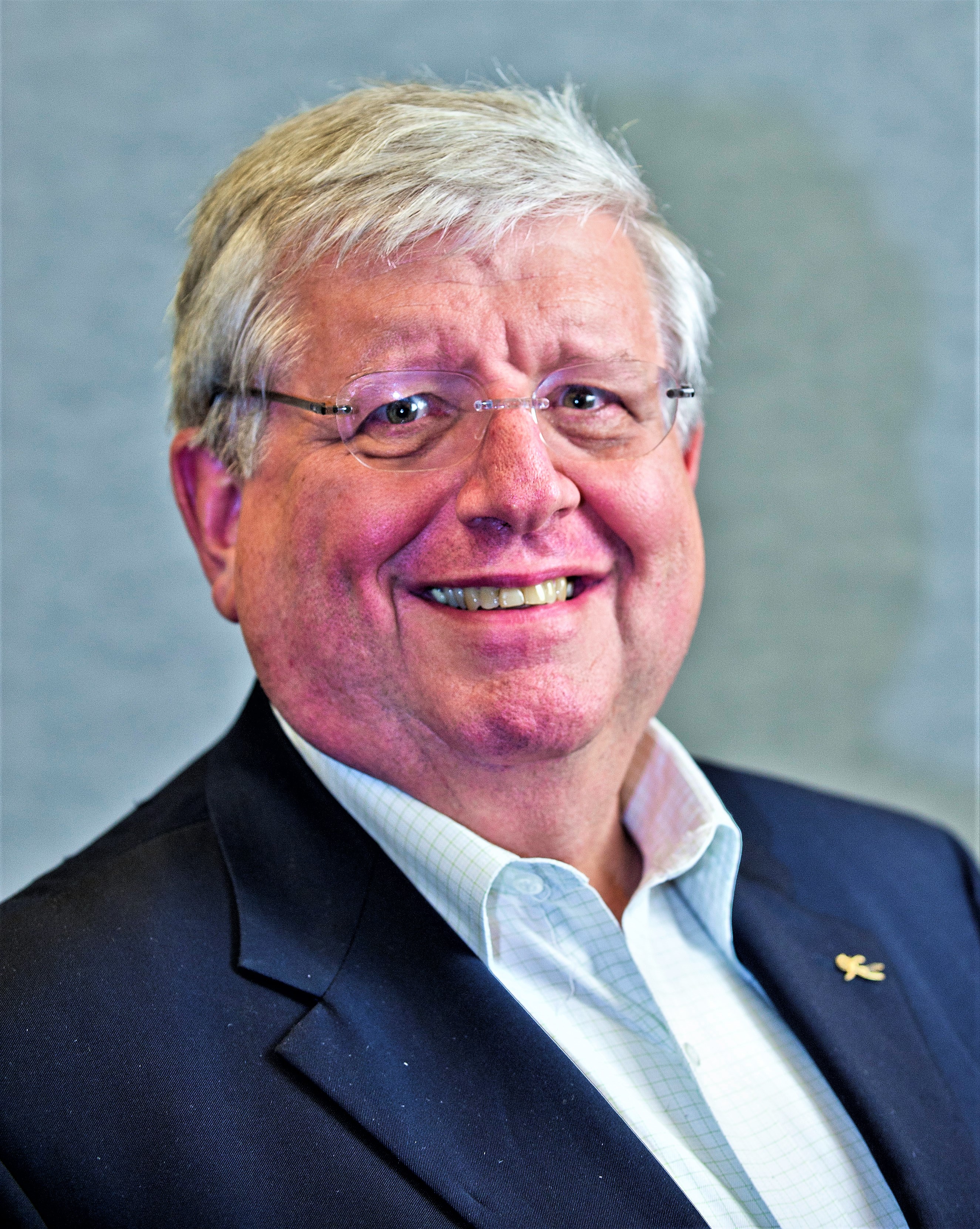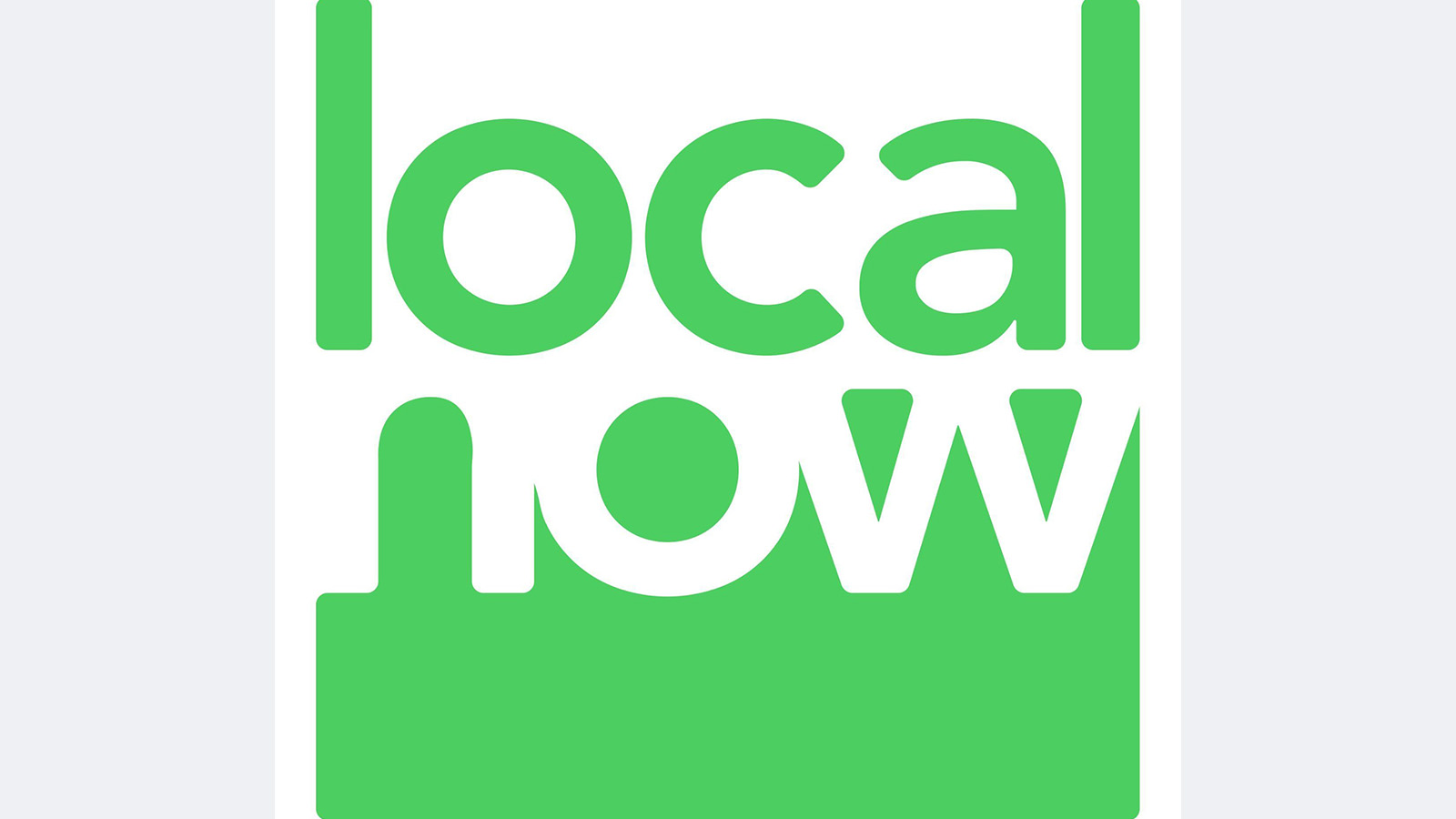Field Engineering Focus at SCTE
Cable-Tec Expo in Orlando grows
Special to TV Technology
ORLANDO, FLA.
Frontline engineering and technical operations are the main focus of the upcoming Cable-Tec Expo, the annual trade show of the Society of Cable and Telecommunications Engineers (SCTE), slated for June 15-18 in "sunny Orlando," as the convention logo insists.
"We deal with operating issues, including efficiencies and launching of new products," John Clark, president of Exton, Pa.-based SCTE told TV Technology.
With some 11,000 attendees expected (about 5 percent more than last year), the SCTE show attracts barely two-thirds the crowd of the business- and policy-oriented National Cable Telecom-munications Association "National Show," held last month in New Orleans.
Yet, with 350 exhibitors, the SCTE Cable-Tec Expo has nearly 100 more booths than the "National Show." About 80 percent of the SCTE exhibits are in small booths of 20 square feet or less, Clark notes. Most of those small exhibitors do not appear at other national shows, Clark said, because they focus on products and support services for regional cable operators. He cites "contractors, equipment specialists and field support companies" that typically are closer to their customers. Fifty of the exhibitors are new to Cable-Tec Expo this year.
Despite the system-level focus of many SCTE events, broader issues of cable technology will be examined at more than 20 educational workshops.
Many of the workshops will concentrate on moving to digital and the impact it has on capacity, Clark said.
"We worked hard this year to draw out best practices and experiences," he said, stressing that attention has been put on how cable operators have "solved the problems" of the digital transition.
"The cable industry is leading the charge in delivering cutting-edge communications technology," said Steve Silva, executive vice president of Comcast Cable Communications and chairman of this year's Cable-Tec Expo. "We can now deliver a wide array of services through a single broadband connection that competitors simply can't match."
Those include HDTV, VOD, DVR, high-speed Internet and telephony, Silva said, noting that the SCTE program provides field engineers with continuing education to keep those services up and running.
In addition to specialized sessions-such as "HDTV: What You're NOT Doing Can Hurt You" and workshops on bandwidth management and the role of "Wireless as an Extension to Hybrid Fiber Coaxial Networks"-the SCTE program features several high-level panel discussions. For example, the opening day's morning-long program will include a roster of cable TV chief executives (names to be confirmed after press time), followed by a discussion among the chief technology officers from several major multiple system operators.
Collectively, these high-level panels are intended to outline the key topics confronting field engineering and operating personnel, Clark said.
Marv Nelson, SCTE's vice president of technical programs, explained that the association has "evaluated the most important technical topics" in lining up its workshop sessions.
He noted, for example that "VOD is well deployed but not completed. There are things we're still learning."
"High def is a component of VOD in some aspects," Nelson continued. "We've seen a lot of movement toward HD-on-demand. It's not there yet; the big issue is scaling HD, so that's one of our central focuses. That's where the engineers are working,"
BEYOND THE TRANSITION
The Cable-Tec Expo attendee roster will be split about equally between system-level technical staff and hardware/software vendors seeking to sell technology to the cable operators. A scattering of MSO executives and a dollop of program network technology executives will mingle with the frontline engineering personnel, Clark said.
Reflecting the growth of Latin American cable operations (many of which send technicians to the SCTE event), as well as the sizable number of Spanish-speaking attendees, SCTE will bring its "Operación Español" program to the Orlando convention. Many of the sessions will include simultaneous Spanish interpretation, and a few sessions will be offered in Spanish. Many of SCTE's other year-round programs are offered under its Operación Español banner.
Clark, Silva and their team recognize the transitional status of the cable industry.
Acknowledging the great interest in Voice over Internet Protocol (VoIP) and related telephony issues, Clark wondered aloud, "I'm curious if it's a full-fledged entry into the market. What makes it interesting is the big surprises."
Nelson offered another look at the purpose of the Expo agenda.
"We know how to do analog video," Nelson said. "There's not a lot of new happening there. What is happening is digital video and data. We will soon be an all-digital services network."
"But it won't be someone flipping a switch overnight," he said. "We're not all digital yet."
He uses that situation to explain why the SCTE program is "not so much about 'digital' but about what we're doing with it."
In that regard, the SCTE executives believe that Cable-Tec Expo offers a significant counterpoint to the other cable and television industry trade shows. Clark predicted the "inevitable" convergence of the consumer electronics industry into the cable technology sector-although that presence will not be especially noticeable at this year's event.
"It will be bigger next year," he said.
Get the TV Tech Newsletter
The professional video industry's #1 source for news, trends and product and tech information. Sign up below.
Gary Arlen, a contributor to Broadcasting & Cable, NextTV and TV Tech, is known for his visionary insights into the convergence of media + telecom + content + technology. His perspectives on public/tech policy, marketing and audience measurement have added to the value of his research and analyses of emerging interactive and broadband services. Gary was founder/editor/publisher of Interactivity Report, TeleServices Report and other influential newsletters; he was the long-time “curmudgeon” columnist for Multichannel News as well as a regular contributor to AdMap, Washington Technology and Telecommunications Reports; Gary writes regularly about trends and media/marketing for the Consumer Technology Association's i3 magazine plus several blogs.

